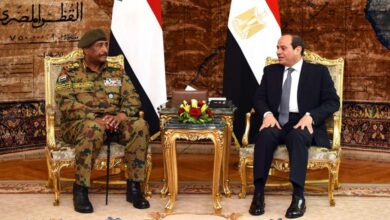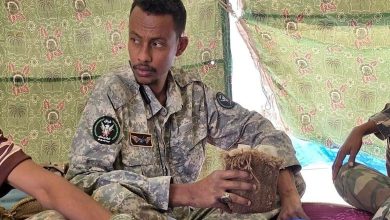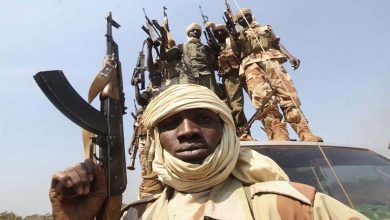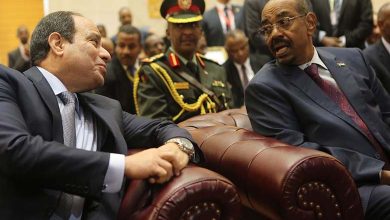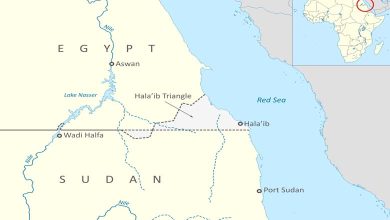Talha and the Controversial Release: Between Egypt’s Contradictory Discourse and Sudan’s Stability Crisis

The release of Sudanese military leader Talha represents a highly sensitive political and security development, not only for Sudan’s fragile landscape but for the entire region. This step exposes a dangerous rift between Egypt’s declared rhetoric against the Muslim Brotherhood and practical actions that may, in fact, provide the group or its allies with political or humanitarian cover—at a time when conflicts are intensifying and counterterrorism strategies are under severe strain.
Egypt and Sudan: A Complex Relationship Under Brotherhood Pressure
Cairo and Khartoum share historic and strategic ties rooted in vital issues such as Red Sea security, the Grand Ethiopian Renaissance Dam crisis, and the management of their shared border. Yet, this relationship has entered a difficult phase with the expansion of Islamist armed groups in Sudan, particularly factions aligned with the Muslim Brotherhood.
Against this backdrop, the release of a military figure of Talha’s stature carries a dual significance: on the one hand, it could be interpreted as an implicit concession aimed at appeasing Islamist pressure groups, both domestic and foreign; on the other, it raises doubts about Egypt’s ability to sustain its anti-Brotherhood stance, especially as Cairo fears that Sudan’s chaos may spill over into a direct threat on its southern border.
The Gap Between Rhetoric and Policy
Egypt has long positioned itself as the frontline defense against the Brotherhood’s project in the region, building part of its foreign policy on containing the group’s influence. However, its silence on Talha’s release suggests a practical duality, seemingly employed by Cairo to preserve delicate balances in the Sudanese file—even at the cost of undermining its proclaimed ideological consistency.
The Danger of Releasing Leaders Accused of War Crimes
Talha’s return to the public sphere sets a dangerous precedent. He and his military unit stand accused of grave violations, ranging from extrajudicial killings and forced displacement of civilians to attacks on villages and populated areas. Such acts amount to war crimes, and his release sends a damaging signal for Sudan’s transitional justice process, while weakening international efforts to combat impunity.
The Cross-Border Brotherhood Threat
The risk is not confined to Sudan. The reemergence of military figures ideologically and organizationally loyal to the Brotherhood poses a direct threat to Egypt, which fears the flow of weapons and fighters across its southern frontier. Moreover, the empowerment of these groups in Sudan could give the Brotherhood the chance to rebuild its regional networks—particularly amid Libya’s volatility and the absence of broader regional stability.
The Ambiguous Messages of the Release
- Talha’s release undermines regional counterterrorism efforts and encourages impunity.
- The presence of Brotherhood-affiliated military figures in sensitive positions reproduces risks for both Egypt and Sudan.
- Official silence regarding the circumstances of his arrest and release deepens ambiguity and mistrust.
- Justice must remain a constant principle, beyond narrow political calculations.
The International Community at a Crossroads
International silence on such measures entrenches the logic of impunity and grants armed groups the space to reposition themselves. It is therefore essential for the international community to call for strict monitoring mechanisms over armed factions and ensure accountability for their leaders on war crimes charges, thereby safeguarding Sudan’s stability and protecting Egyptian and regional security from severe repercussions.


